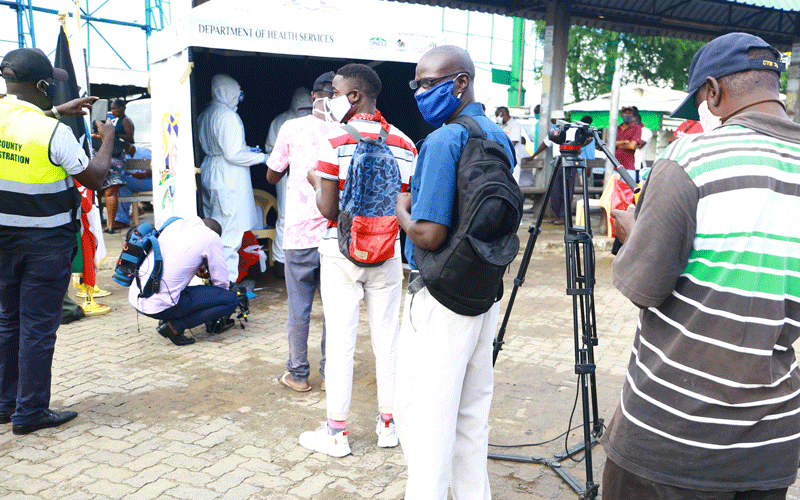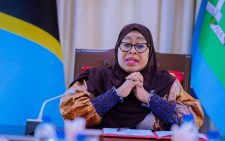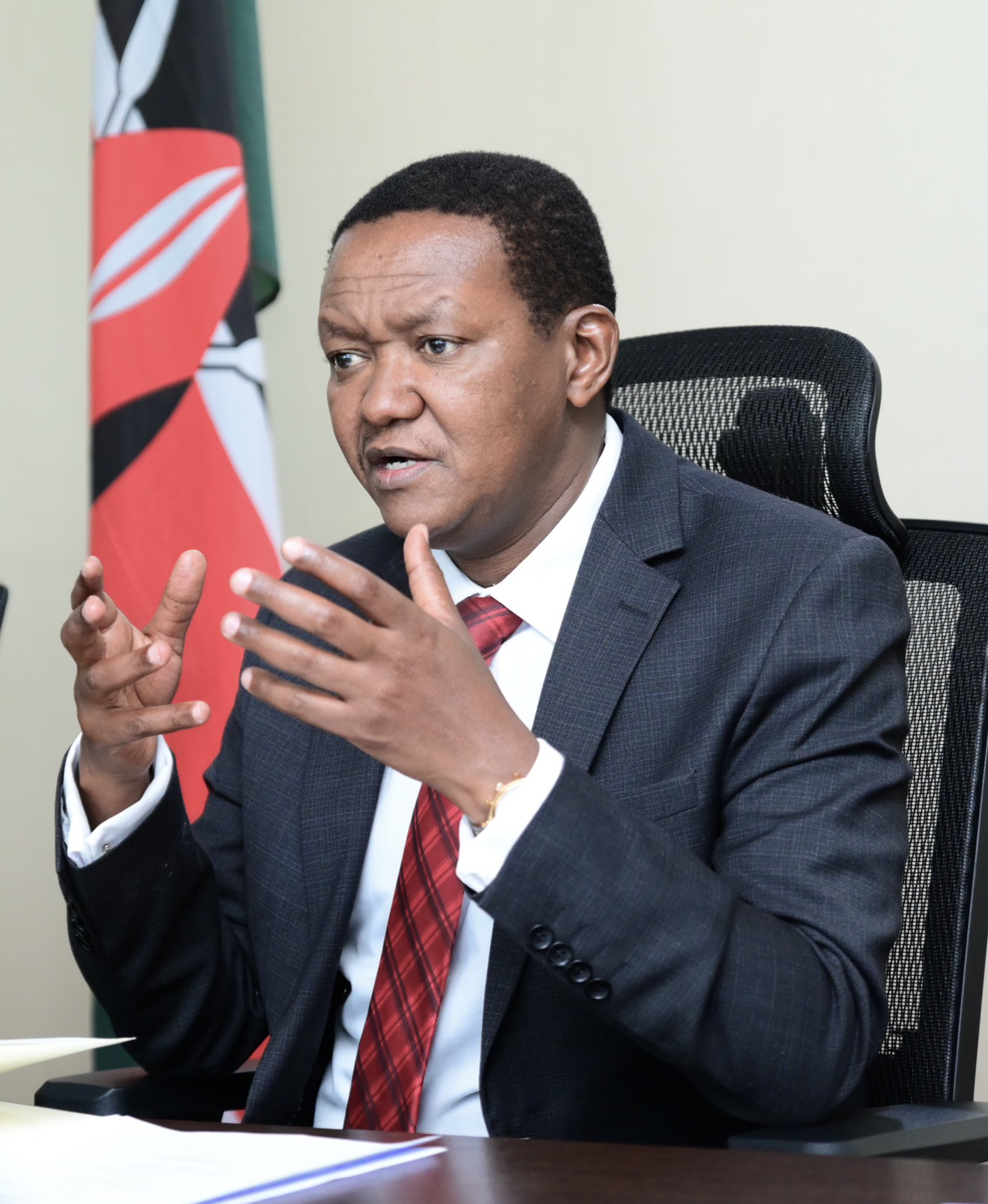Queries emerge over efficacy of home-based care

In the wake of the second wave of Covid-19, the government is urging safe home-based isolation programme for patients.
However, concerns continue to emerge over efficacy of home-based care as more patients continue to succumb to the virus across the country.
The most recent fatality emerging from home-based care programme is that of Traffic Base commander Luke Mushivoji.
He was in charge of Mombasa Central Police Station. He reportedly developed breathing complications and died of suspected Covid-19 on Sunday morning.
Another Covid-19 patient, Robert Wangura, was also placed under home-based isolation and care.
Wangura says he was never given any guidelines on how to take care of himself and that of his family to avoid spreading the disease.
Outside world
“I developed severe flu on Monday. I was forced to go to the hospital when it got serious.
I was later informed that I had lung infection and it was later ruled that I was Covid-19 positive,” said Wangura.
Despite him feeling unwell, he was only advised to go home and isolate himself, but was not taken through the recommendations for preventing the spread of the virus.
Throughout the programme, Wangura locked himself in the house. He religiously took his medication and restricted himself to his room because there was no health worker assigned to follow up on his case.
“I am lucky my daughter was at her grandmother’s place and she could not visit me.
I also opened a whatsapp group and added six of my friends who I had been with,” he added.
Five of his friends started showing Covid-19 symptoms and sought treatment immediately.
Wangura also cut ties with the outside world and only operated with his boda boda operator who could place items for him by the door.
However, he said that no doctor has ever visited to follow up on his condition as stipulated in the home-based care program guidelines.
Similarly, another patient who works as a ground person at Tononoka Secondary School says he tested positive and was asked to isolate.
His case is a replica of Wangura’s fate. No healthcare personnel has paid him a visit to see how he is fairing on.
“I was only asked to isolate and advised to use spices while I isolate but nobody has ever followed up to know if I am following the guidelines or not and whether I am getting any better or not,” he added.
In an interview with Jomvu and Changamwe Health Promotional officer Rophus Mwakina, she noted that home-based care programme faces a myriad of challenges, because in most cases it has been difficult to trace patients as most of them give inaccurate mobile numbers.
Mwakina observes that if patients were placed in isolation centers, tracing and making a follow-up would be easier compared to following people at their homes.
“Another major challenge is that most people in the coastal region use Swahili houses where they are forced to share everything including the toilets,” he said.
He added: “Residents must take a lot of precautions otherwise an entire household could end up infected, as the houses are not qualified for home-based care.”














